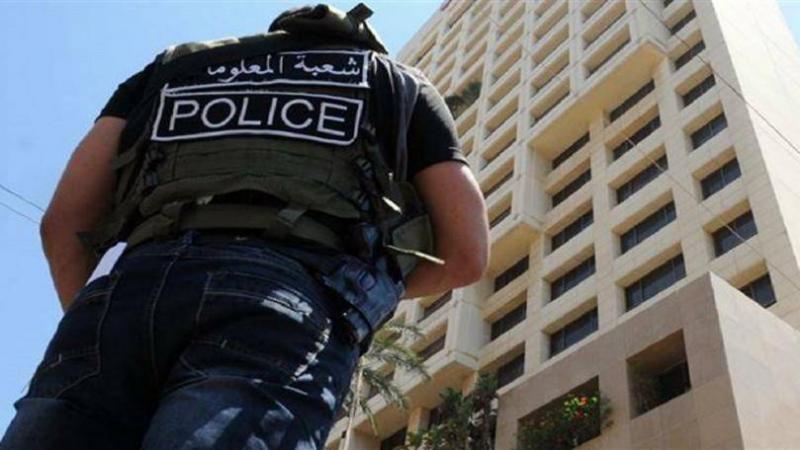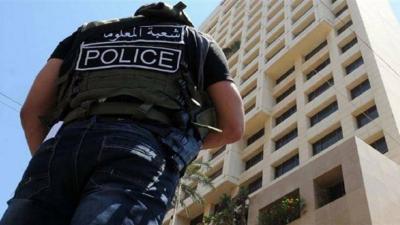The security agencies and relevant authorities remain tight-lipped about the explicit and true increase in insecurity in the country. However, this has not prevented UN Special Coordinator for Lebanon Joanna Wronecka from expressing her concern, following the presidential vacancy, about the potential extension of the vacuum and the deterioration of the security situation. She emphasized that Lebanon continues to suffer from the effects of prolonged social, economic, and financial crises, stressing that addressing these daunting challenges requires the election of a new president and the formation of a government. While she expressed the UN's constant readiness to provide support to Lebanon, she noted that the organization cannot replace the Lebanese state. She voiced fears of further deterioration, observing a decline in basic services for Lebanese citizens, which heightens insecurity levels. She concluded by stating that Lebanon has entered its third presidential vacuum since the Taif Agreement due to the political class's failure to achieve this critical milestone within the constitutional time frame.
Former Director of Guidance in the Lebanese Army, Brigadier General Elias Farhat, stated to "Al-Markaziyah": "Ms. Wronecka may have confused the distinction between the increase in crime rates, driven by the decline in living conditions, and the security that is completely under control by the various security agencies, evidenced by the stability prevailing in the country, which is comparable to that in major countries." He continued: "It is true that some terrorist cells are active on the ground in some remote and poor areas, but the security agencies swiftly uncover and apprehend them, with the latest incident occurring just two days ago. This is normal because security work takes into account all scenarios and does not rule anything out." He concluded by affirming the stability of the security situation in the country, attributed to several factors, foremost the awareness of the Lebanese people and their learning from past bitter experiences and, secondly, the absence of external decisions to destabilize Lebanon for various reasons, primarily the potential influx of displaced persons into their countries.




